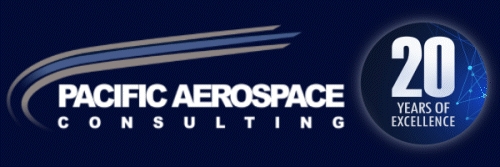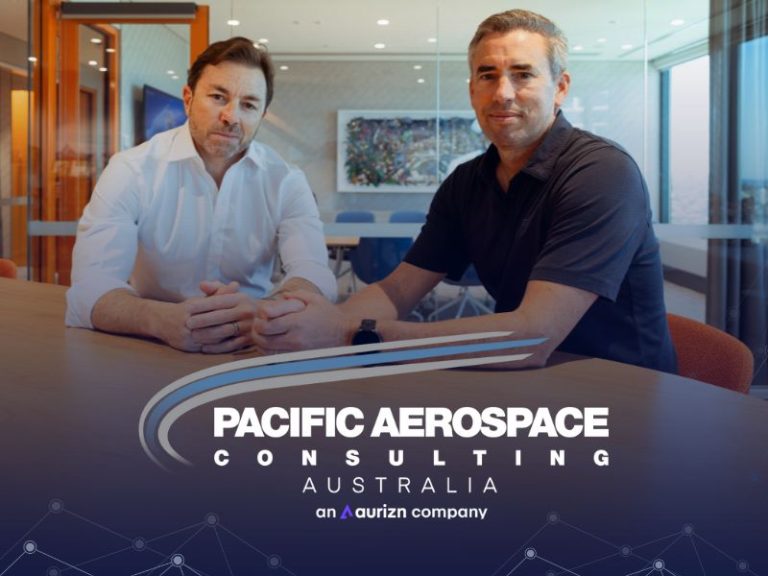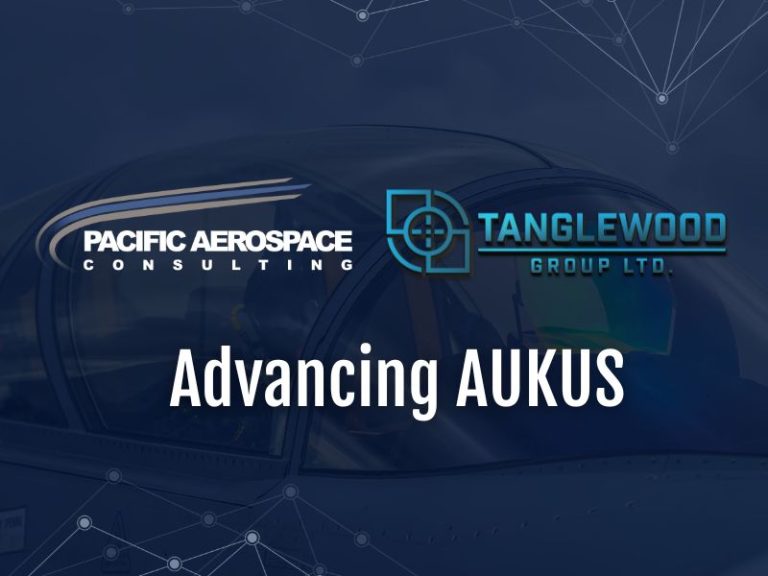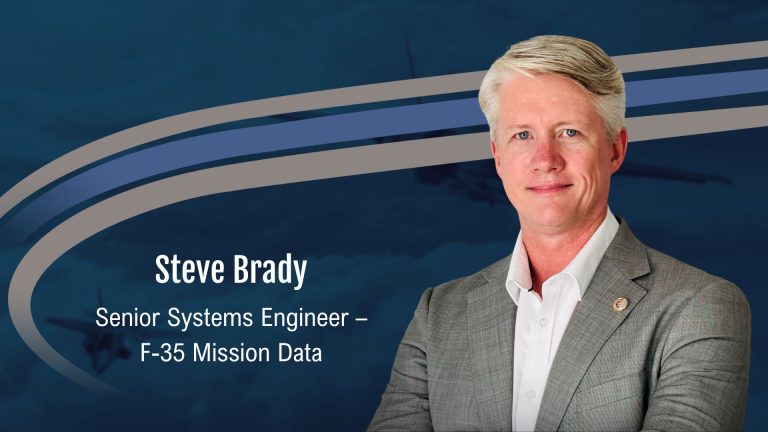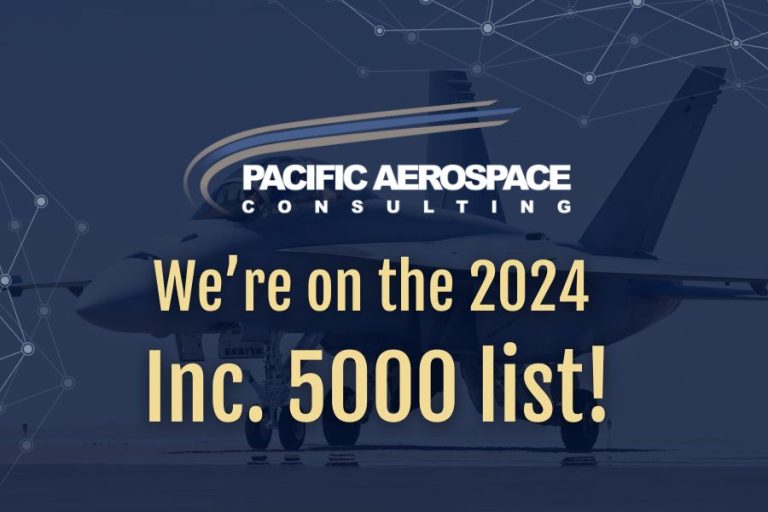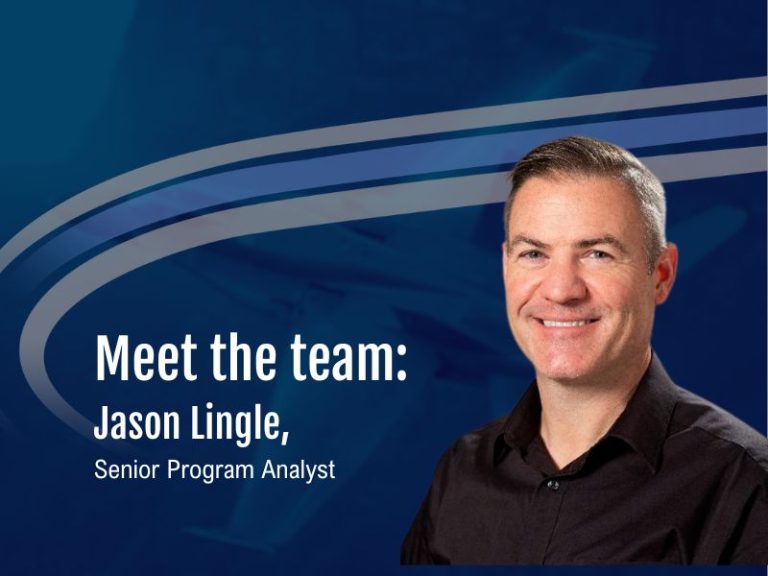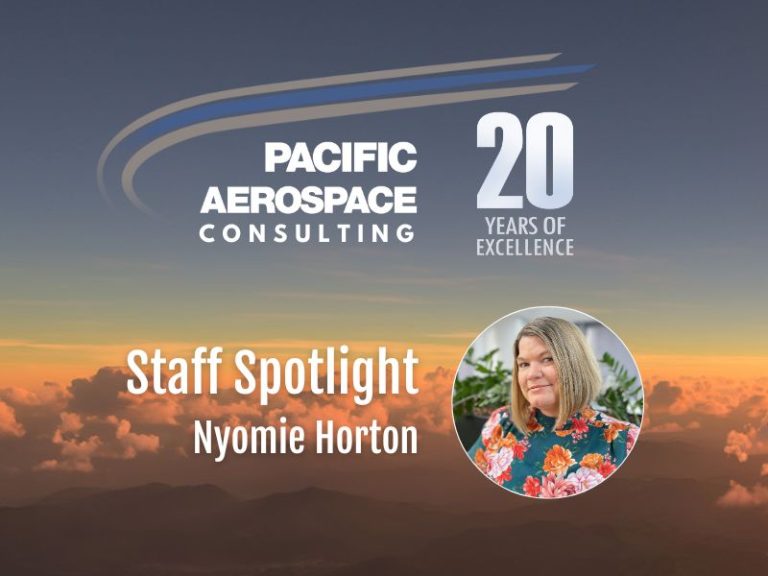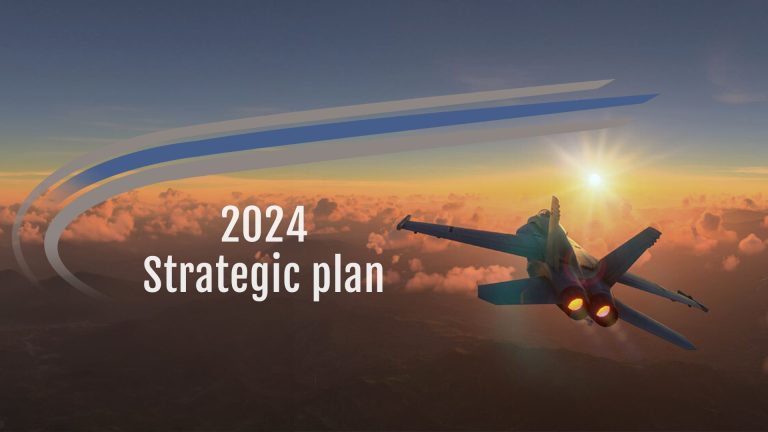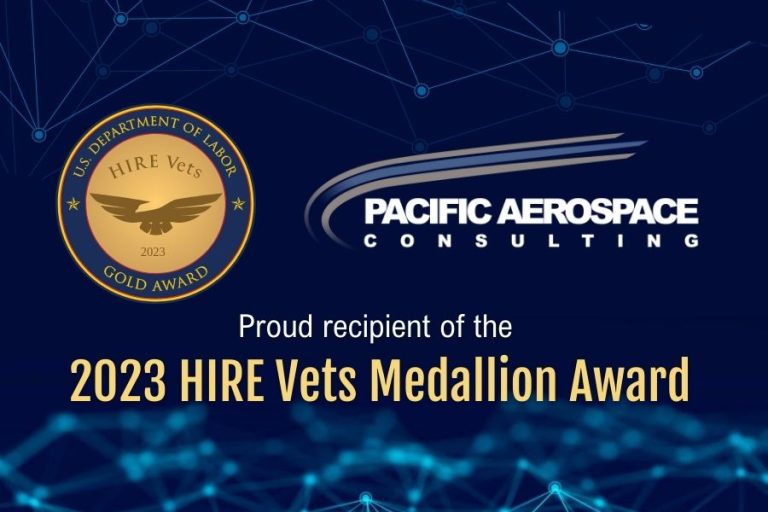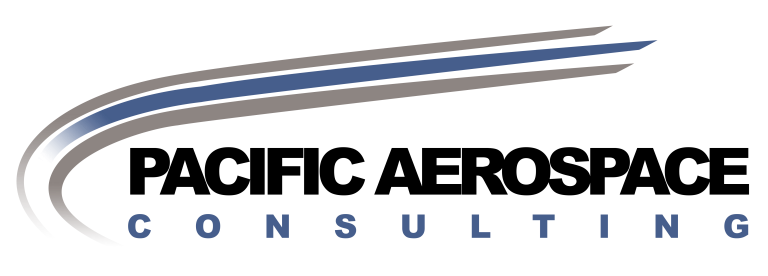Pacific Aerospace Consulting (PAC) recently concluded its comprehensive “Methods of Simulation” course, providing a deep dive into the world of Flight Simulator Training Device (FSTD) qualification and evaluation. Held at the Qantas Flight Training Centre in Brisbane, the course offered participants a blend of theoretical knowledge and practical experience.
Participants were immersed in the historical context of simulation’s role in aviation and gained an understanding of the international standards governing Flight Simulator Training Devices (FSTDs). The course provided in-depth knowledge on the mechanics and dynamics of simulation controls, including control loading and motion, as well as the essential instruments used in flight simulators. Students also learned about creating accurate aerodynamic models and explored the latest advancements in visual and auditory systems for simulators. Practical approaches to flight testing and validation of simulator performance were covered, along with guidance on preparing and testing Qualification Test Guides (QTGs). The course culminated in a laboratory setting where subjective feedback was combined with objective data for comprehensive evaluations, ensuring that simulators met stringent performance and handling criteria.
The course covered the following topics:
- History of Simulation: An overview of the evolution and significance of simulation in aviation.
- International Standards and FSTD Evaluation Principles: Understanding global standards and evaluation protocols.
- Control Loading, Dynamic Control, and Motion: Insight into the mechanics and dynamics of simulation controls.
- Instrumentation: Detailed study of essential instruments used in flight simulators.
- Aerodynamic Modelling: Techniques for creating accurate aerodynamic models.
- Visual and Sound Systems: Exploring the latest advancements in simulation visual and auditory systems.
- Flight Testing: Practical approaches to testing and validating simulator performance.
- QTG Preparation and Testing: Guidance on preparing and testing Qualification Test Guides (QTGs).
- Subjective and Objective Evaluation Laboratory: Combining subjective feedback with objective data for comprehensive evaluations.
- Performance Testing and Handling Qualities: Ensuring simulators meet stringent performance and handling criteria.
Students engaged in hands-on exercises within a Full Flight Simulator, applying their learning to conduct a series of Subjective and Objective tests. This approach not only reinforced classroom lessons but also provided insights into the real-world application of FSTD qualification activities in line with Civil Aviation Regulations.
PAC’s expertise in training and simulation was evident throughout the course, which was designed to cater to technical, operational, and management professionals. With over 30 years of experience in FAA National Simulator Program management and qualification, PAC’s training is adaptable to global standards, making it invaluable for those looking to enhance their skills in operating, maintaining, and qualifying FSTDs.
In addition to the “Methods of Simulation” course, PAC offers a suite of services to support the training and simulation needs of Defence and commercial partners. These services include Simulator Evaluation Courses, Test and Evaluation Program Management, and Program and Fidelity Management. PAC’s independent, hardware-agnostic approach ensures effective assessment, delivery, and integration of training and simulation systems, aiming for optimal training outcomes through comprehensive testing and certification.
As PAC looks to the future, it stands ready to deliver more courses and continue enhancing training environments with its advanced simulation capabilities, technical support, and program management expertise. The successful completion of the recent course is a testament to PAC’s commitment to fostering industry-wide progress and ensuring the success of technology implementation in regulated environments.
